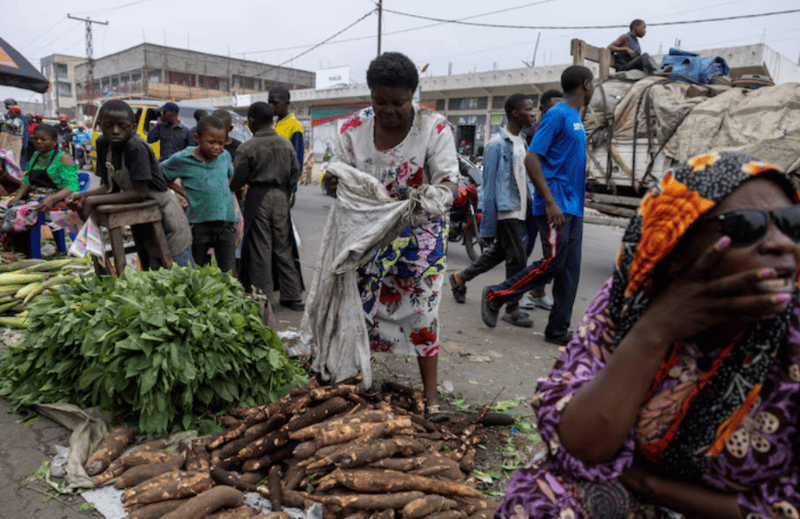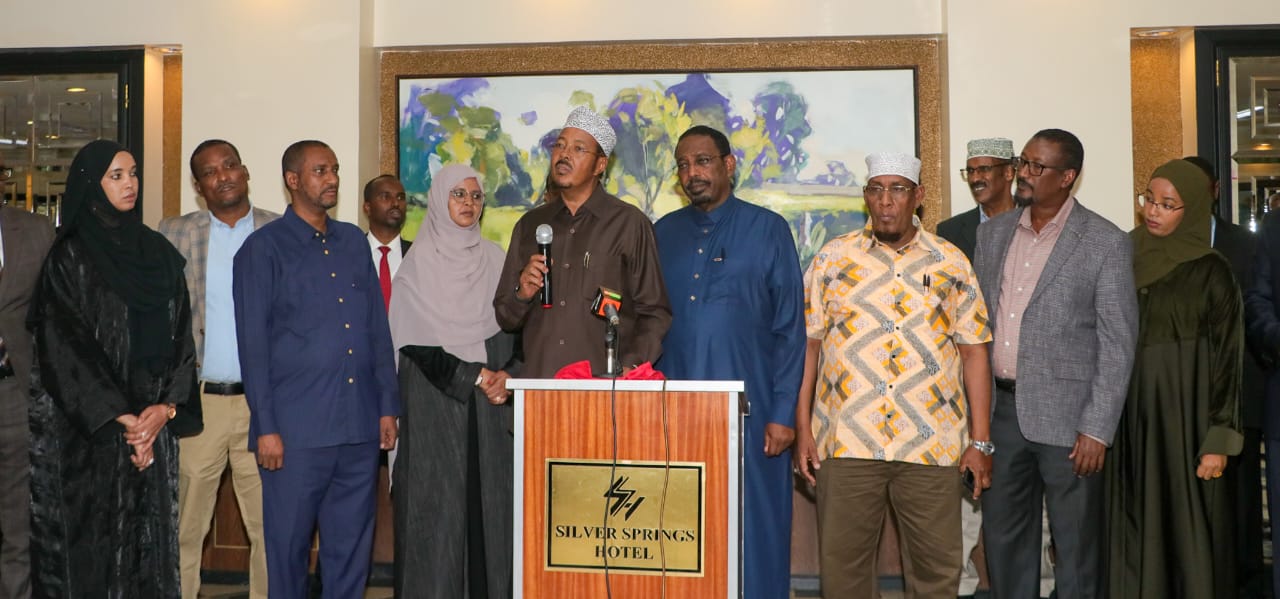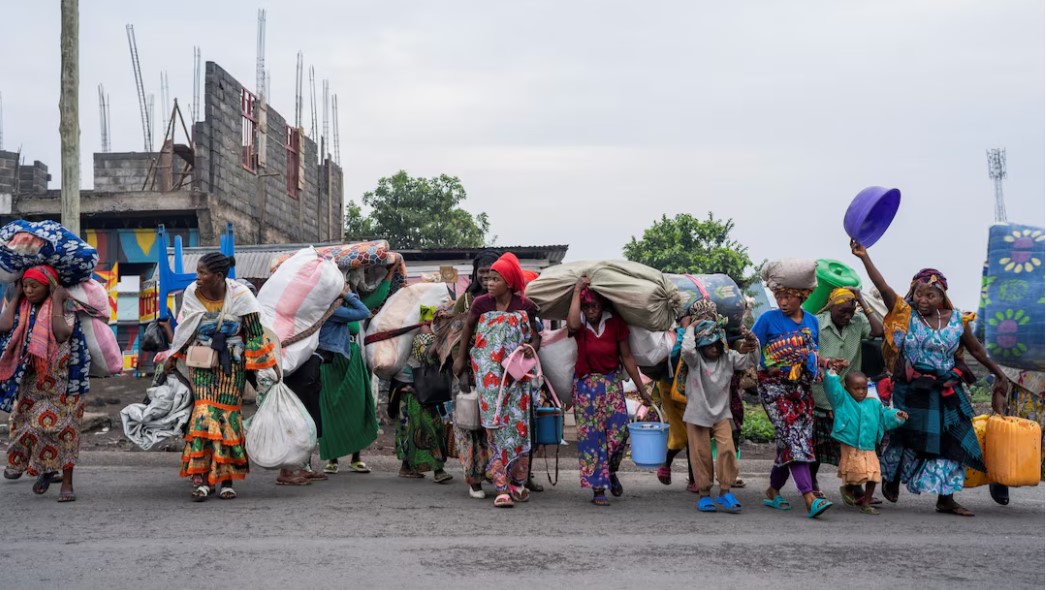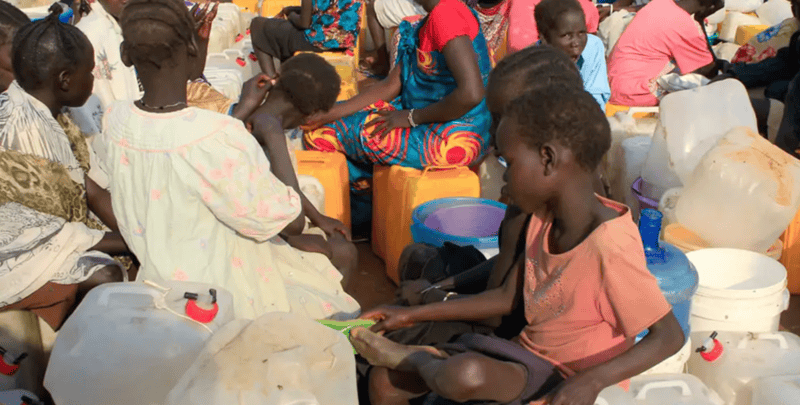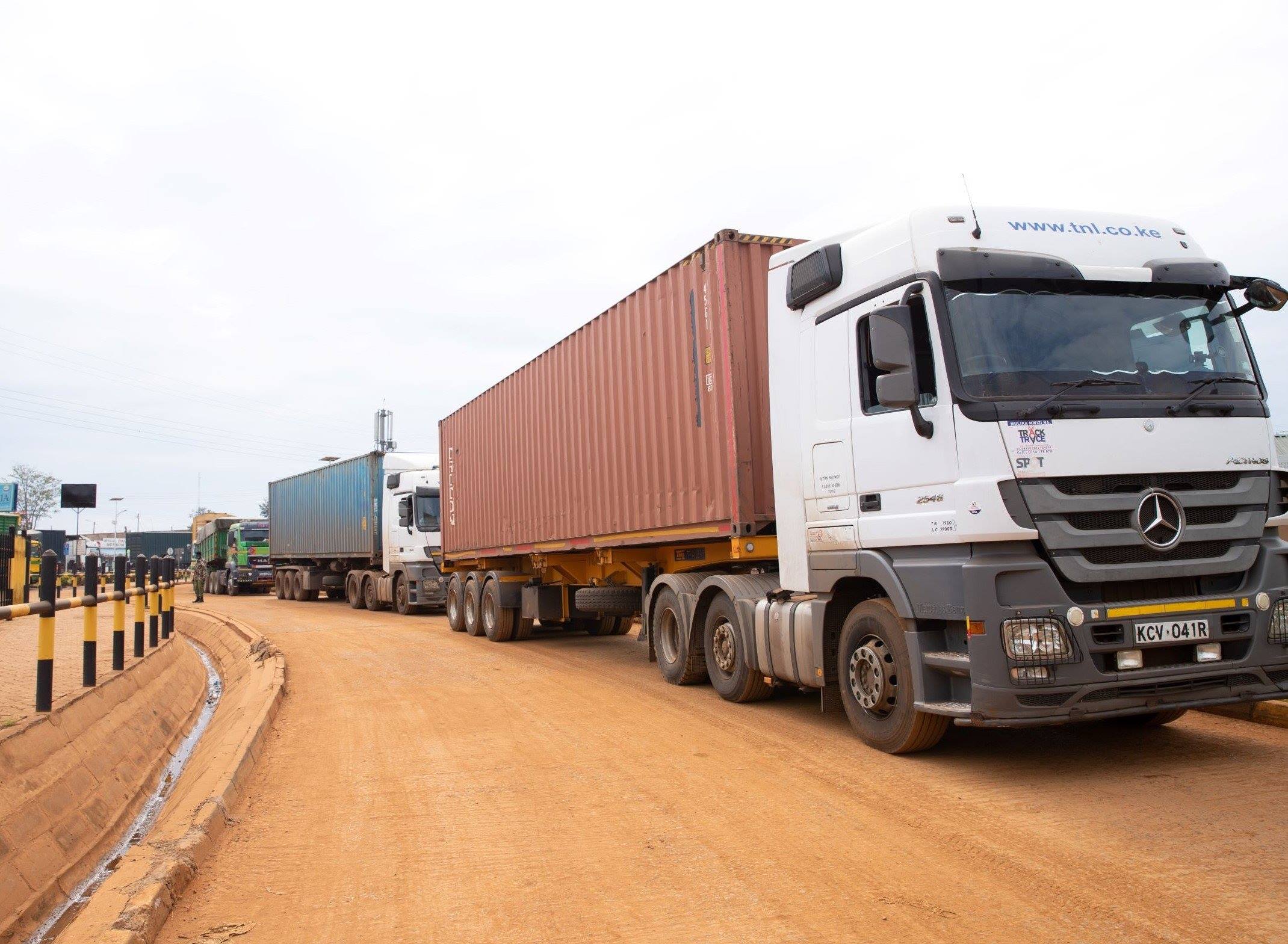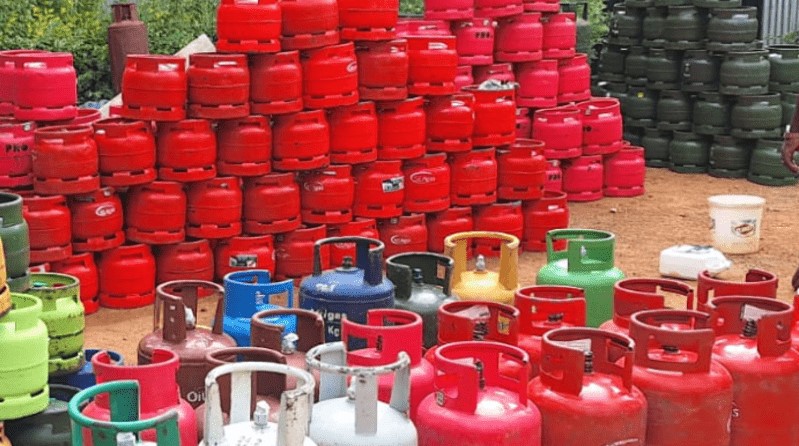CS Soipan Tuya outlines strategy to combat climate, hunger in ASALs
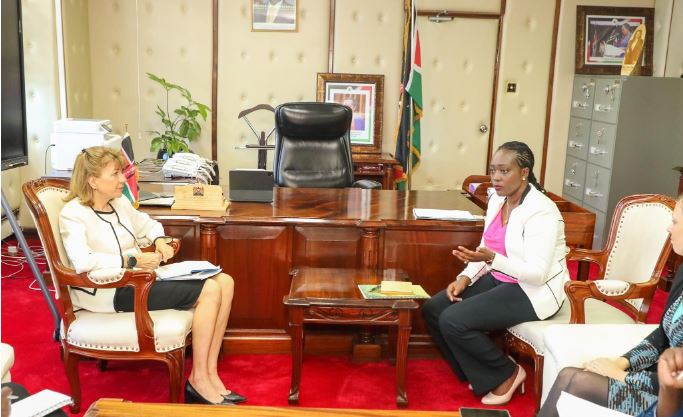
Kenya's Ministry of Environment and Climate Change has issued a stark warning: climate change directly threatens food and nutrition security, particularly in the vulnerable Arid and Semi-Arid Lands (ASALs).
Kenya's Ministry of Environment and Climate Change has issued a stark warning: climate change directly threatens food and nutrition security, particularly in the vulnerable Arid and Semi-Arid Lands (ASALs). Cabinet Secretary Soipan Tuya emphasised the ministry's proactive approach, citing initiatives like wetland restoration and landscape rehabilitation under the Sh15 billion national tree-growing program.
Tuya made these remarks during a discussion with World Food Programme (WFP) Kenya representatives, including County Director Ms. Lauren Landis. The dialogue centered around the 10-year National Landscape Restoration Strategy, envisioned to increase forest cover and combat climate change's detrimental effects.
More To Read
- Mandera County launches feeding programme for ECDE learners in bid to boost education
- Global hunger crisis deepens as major nations skimp on aid
- World’s hunger watchdog warned of catastrophe in Sudan; famine struck anyway
- WFP’s troubles in Sudan hurt hunger relief, alienated donors - Internal report
The flagship tree-growing program boasts an ambitious target: 30 per cent of all planted trees will be fruit and fodder species, directly contributing to improved food and nutritional security, especially in ASAL households. This aligns with the proposed GOK-WFP Resilient and Inclusive Food System program, an innovative initiative exploring a "food-for-food security swaps" climate financing mechanism.
The urgency of action is evident. Just last December, ten governors from ASAL regions signed a Memorandum of Understanding with WFP to enhance food security and humanitarian aid in drought-stricken areas. Ms. Landis further affirmed WFP's commitment by recently visiting Samburu County, where a Memorandum of Understanding with the county government was signed to bolster drought resilience. Her visit included field trips to the Lulu and Lolmongo irrigation schemes, key partnerships designed to boost food security through sustainable water management.
Kenya's Ministry of Environment and Climate Change, in collaboration with international partners like WFP, is taking vital steps to combat climate change and its repercussions on food security. The focus on landscape restoration, innovative financing mechanisms, and partnerships at the regional and local levels showcases a dedicated effort to protect vulnerable communities and build resilience in the face of this critical challenge.
Top Stories Today









